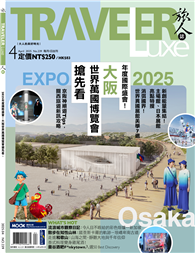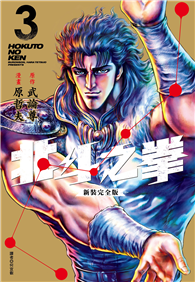Literacy education has historically characterized mass media as manipulative towards young people who, as a result, are in need of close-reading "skills." By contrast, Pop Culture and Power treats literacy as a dynamic practice, shaped by its social and cultural context. It develops a framework to analyse power in its various manifestations, arguing that power works through popular culture, not as everyday media. Pop Culture and Power thus explores media engagement as an opportunity to promote social change.
Seeing pop culture as a teaching opportunity rather than as a threat, Dawn H. Currie and Deirdre M. Kelly worked with K-12 educators to investigate how pop culture can support teaching for social justice. Currie and Kelly began the research for this project with a teacher education seminar in media analysis where participants designed classroom activities using board games, popular film, music videos, and advertisements. These activities were later piloted in participants’ classrooms, enabling the authors to identify and address practical issues encountered by student learners. Case studies describe the design, implementation, and retrospective assessment of activities engaging learners in media analysis and production. Following the case studies, the authors consider how their approach can foster ethical practices when engaging in the digital environment.
Pop Culture and Power offers theoretically informed yet practical tools that can help educators prepare youth for engagement in our increasingly complex world of mediated meaning making.












